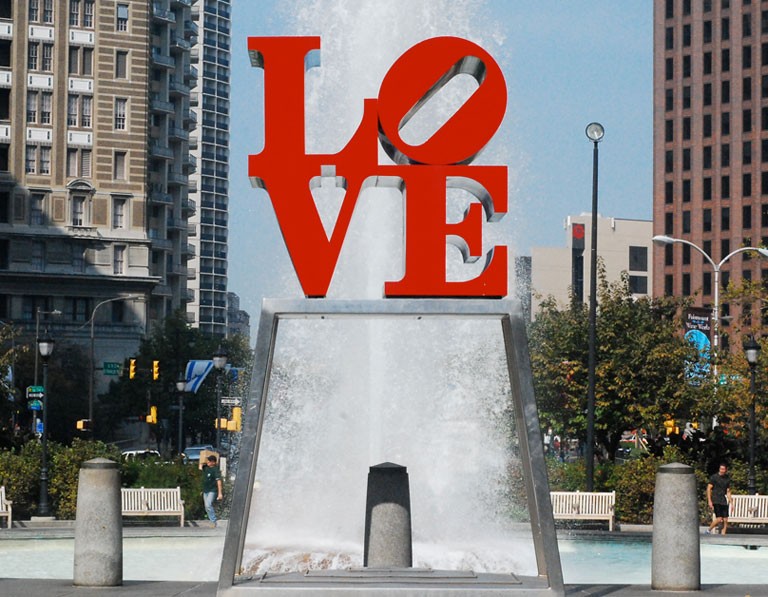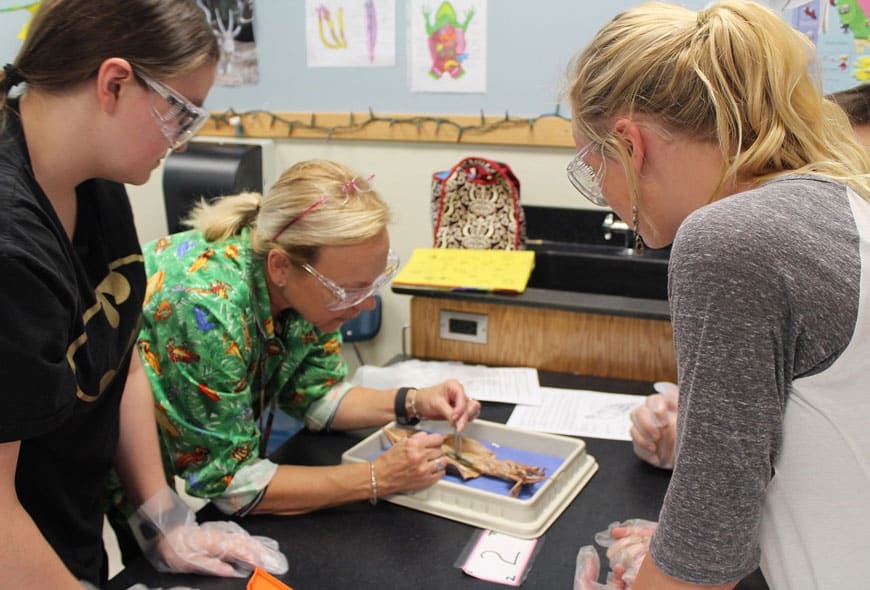The Impact of the Pennsylvania Budget Crisis
Pennsylvania has a long and storied history in this nation, from being one of the first founding colonies to chartering one of the first major turnpikes, it’s always been a state that has a way of making history. Unfortunately, the most recent time it has made the news is because the state is currently experiencing its longest-ever budget crisis.
You know your home state has a problem when its budget impasse becomes national news. That’s exactly what’s happening in Pennsylvania, where Democratic Governor Tom Wolf and his Republican colleagues in the General Assembly are still bickering over the details of the state’s budget.
Wolf’s next address to the General Assembly is slated for February 9th. If a budget compromise is not reached by then, it will be 224 days late. Said Rep. Dan Frankel, “I’ve been in the legislature for 17 years and never seen anything like this … to my knowledge this situation is totally unprecedented.”
State Senator Scott Wagner, a Republican, had his own colorful take: “We had him [Wolf] down on the floor with our foot on his throat and we let him up. Next time, we won’t let him up.”
Since we’re far beyond pretending this is a polite disagreement on principles, let’s get to the bottom of just what’s happening in Harrisburg — and how it’s affecting the Philadelphia area and beyond.
The Heart of the Conflict
The deep division between Wolf’s budget proposals and those put forth by his Republican colleagues should be familiar to anyone who follows partisan politics. Wolf, a Democrat, wants to invest in Pennsylvania’s schools in a big way and has asked for modest income and sales tax increases to do it. In the spirit of compromise, he’s seeking lower property taxes. Republicans in the Senate and House, meanwhile, most of whom sailed to victory singing the GOP siren song of “lower taxes no matter what,” are trying to stick to their guns and keep any tax increases off the books.
Wolf’s original proposal called for $520 million in additional funding for the state’s school districts. Wolf vetoed a Republican proposal that brought that number down considerably to $110 million. A later proposal raised the funding back up to $350 million. This is the sort of fruitless back-and-forth that’s defined the stalemate thus far.
The Republicans had their own plan, of course, which didn’t come close to meeting Wolf’s proposed benchmark. In other words, they weren’t prepared to find the funds it would take to shore up PA’s school districts — particularly if it meant raising taxes.
Nevertheless, December saw slight progress when a budget proposal landed on Wolf’s desk with a $23 billion price tag. The governor selectively vetoed parts of the budget proposal, thereby freeing funds for certain essential services.
Probably the most important thing to note about the budget crisis is Pennsylvania is already one of the lowest-taxed states in the country.
Who Feels the Effects in a budget crisis?
Some school districts are feeling the pain of this major budget shortfall, and they’ve taken action on their own. Bethlehem Area School District, for example, is withholding 30 percent of the tuition money it owes to charter schools in the area. It’s a clear message to the state government about who’s really feeling the pinch here: the children. The 30 percent is symbolic — it’s the sum the district expected from the state for general funding purposes.
College students are also directly experiencing the fallout of stalled budget negotiations. State education grants are already long overdue, and even once the checks are mailed, now that we have a partial “interim budget,” students are very likely to see smaller grants than they expected.
And that’s hardly the end of it. All across the Philadelphia area, a variety of nonprofit entities were facing potentially crippling shortfalls that would have only worsened as the impasse continues. Fortunately, the Educational Improvement Tax Credit was pushed through by the Governor on December 29. For example:
- Big Brothers Big Sisters Southeastern Pennsylvania stood to lose $500,000 in funding, or 8 percent of its budget
- Philadelphia Futures stood to lose 12 percent of its operating budget
- Free Library of Philadelphia could have lost half of the operating budget for its summer reading program
- Need in Deed could have lost $300,000 — a full 35 percent of its budget
With the passage of the EITC, businesses can now donate to nonprofits through the state and then receive up to 90 percent of their donations back in tax credits. However, this doesn’t negate that Harrisburg’s finest are still in a gridlock. This is now the longest budget impasse in Pennsylvania history, and things will only get worse from here.
Beyond Schools and Nonprofits
Of course, schools and nonprofits are not the only institutions hanging in the balance here. The Department of Corrections is also seeking a significant windfall amid the budget negotiations. Republicans originally hoped to bring the department’s budget up to $1.8 billion, but Wolf’s selective veto in December earmarked just $956 million.
Nevertheless, the Senate may vote in the coming weeks on a bill that would immediately free up $939.4 million for the department, whether or not a budget agreement gets passed.
The message is clear. If Wolf wants to invest in Pennsylvania schools, and Republicans won’t agree to tax increases to make it happen, then we’ll need to cut costs wherever we can. The Department is Corrections is a likely choice — particularly amidst a national call for prison reform — but there is a very real risk that it will run out of money if the budget stalemate continues.
This Is What Partisan Rancor Looks Like
During his most recent, and final, State of the Union Address, President Obama lamented the fact that he had not managed to heal some of the partisan rancor that has stalled progress at the federal level. Residents of Pennsylvania must be similarly dismayed to see almost total gridlock at the state level, no one more so than the governor, who’s barely a year into his first term. “We’re all going to get blamed,” said Governor Wolf during a recent visit to Universal Pasteurization Co. “We just are not doing our job.”
As things stand now, there’s no timeline for hammering out a budget deal. And the partial budget passed last year, which Wolf signed because he didn’t want to “hold the children hostage,” is only a small step in a positive direction. There’s still a lot of work to do. Until things improve, it will be the most vulnerable among us who feel the effects most keenly.












